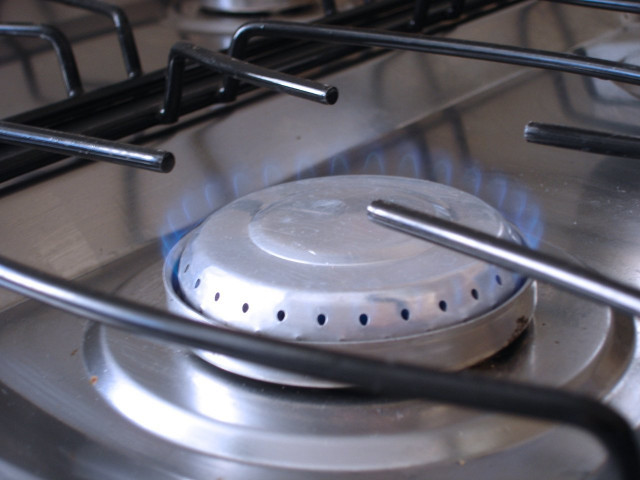‘Energy efficient cooking stoves: cheaper and better for health’
SDPI launches project to promote energy efficient stoves in flood and terrorism affected areas of Pakistan.

‘Energy efficient cooking stoves: cheaper and better for health’
Climate change is a global phenomenon and a challenging reality. It is a phenomenon that is likely to impact almost every sector of Pakistan’s economy.
Today it stands as not only a major environmental issue but also a multidimensional development issue.
In view of these concerns, a workshop was held for the launch of a collaborative project “Climate Change Adaptation: Introducing and Promoting Energy Efficient Cooking Stoves (EECS) in flood and terrorism affected remote underdeveloped rural areas of Pakistan” here on Friday at Sustainable Development Policy Institute (SDPI).
The project’s activities will be carried out by Sahara Welfare Foundation, Malakand, in collaboration with the United Nations Environment Programme National Committee for the Republic of Korea and SDPI.
Abid Suleri, Executive Director SDPI, emphasised the need for technology transfer as it is an effective measure for climate change adaptation. EECS technology has already been successfully introduced and promoted in Nepal and Bangladesh.
Dr Khwaja, the EECS project in-charge, gave an account of project objectives and activities which include awareness raising and training to make EECS with clay using metallic moulds.
Anusha Sherazi, Project associate for EECS project, said that cooking for most of the households in the rural areas of Pakistan is mostly done using firewood, on homemade clay stoves.
Cooking over an open fire leads to increased health risks associated with smoke inhalation, particularly lung and eye ailments, and birth defects.
Replacing the traditional three-stone fireplace with an energy efficient cooking stove with a chimney for venting smoke out of the house can significantly contribute to the improvement of family health, while lowering household expenditure on fuel and reducing greenhouse gas emissions, she concluded.
Published in The Express Tribune, March 26th, 2011.



















COMMENTS
Comments are moderated and generally will be posted if they are on-topic and not abusive.
For more information, please see our Comments FAQ